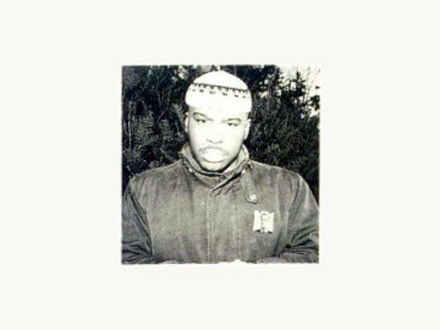
Ask Harry Allen: James Brown’s Impact
Quotes o’ plenty from artists about James Brown’s death. This morning Harry Allen, a hip-hop journalist, Public Enemy’s “media assassin” was interviewed on Democracy Now!
He chopped it up with the host, Amy Goodman. Coming from the hip-hop side of the table he gives a good look at James Brown’s influence on the music.
AMY GOODMAN: Can you talk about how he really helped create funk, how he influenced hip-hop?
HARRY ALLEN: Well, hip-hop is a music that relies to a great extent on using preexisting musical ideas expressed through recordings. And James Brown put together some of the densest ideas in black music ever made. And so, in hip-hop it’s almost like, when you go to a James Brown recording, it’s like you?_Tre finding a piece of ore, something you can take apart and use in endless numbers of ways, because there’s so many ideas per fraction of a second in any one of his recordings. If you listen to James Brown’s catalog, you’re pretty much going to be hearing little bits and pieces of hip-hop, of the hip-hop idea, repeated endlessly throughout it.
AMY GOODMAN: What gave him his strength, his power early on, and then branching out the way he did?
HARRY ALLEN: I think—my impression is that his hardships in life—James Brown was born in Barnwell, South Carolina in 1928, and then went on to live in Augusta, Georgia. And he had an upbringing and a life that can only be summarized as typical of ghetto youth, and by that, I mean people who are poor, who often don’t have both parents in the home, who are often uneducated and mistreated, and as black people living under the cloud and conditions of white supremacy having to find a way. And James Brown found his way through life on the street and then through prison, but he was saved by music.
And it was, I think, all of those experiences and the fact that he never lost his connection, as Al Sharpton said, to the common man, that throughout his life, James Brown was not the guy who went to Beverly Hills and married a white woman, although I think he ultimately did, but that he stayed with the people. You could always imagine James Brown as being the kind of guy who, you know, would saddle up to a plate of collard greens and mashed potatoes and chicken and, you know, not have any airs. And so, he kept his common touch.
continued there.. *scroll down to “rush transcript”*
☼ What's Your Opinion? ☼